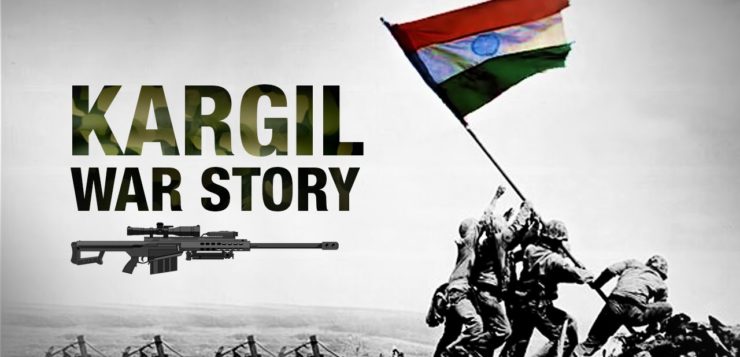The whole nation is celebrating the 20 years of Kargil Vijay Diwas today. Two decades ago dated 26th July 1999 the brave hearts of our Indian Army had secured the victory in one of the most dramatic and hard-fought war with Pakistan in Kargil. The country still remembers the sacrifices, extreme valour and exemplary bravery and courage of our Indian Armed Forces. Many in this war included their name in the list of martyrs and left their motherland in the hands of their brave forces.
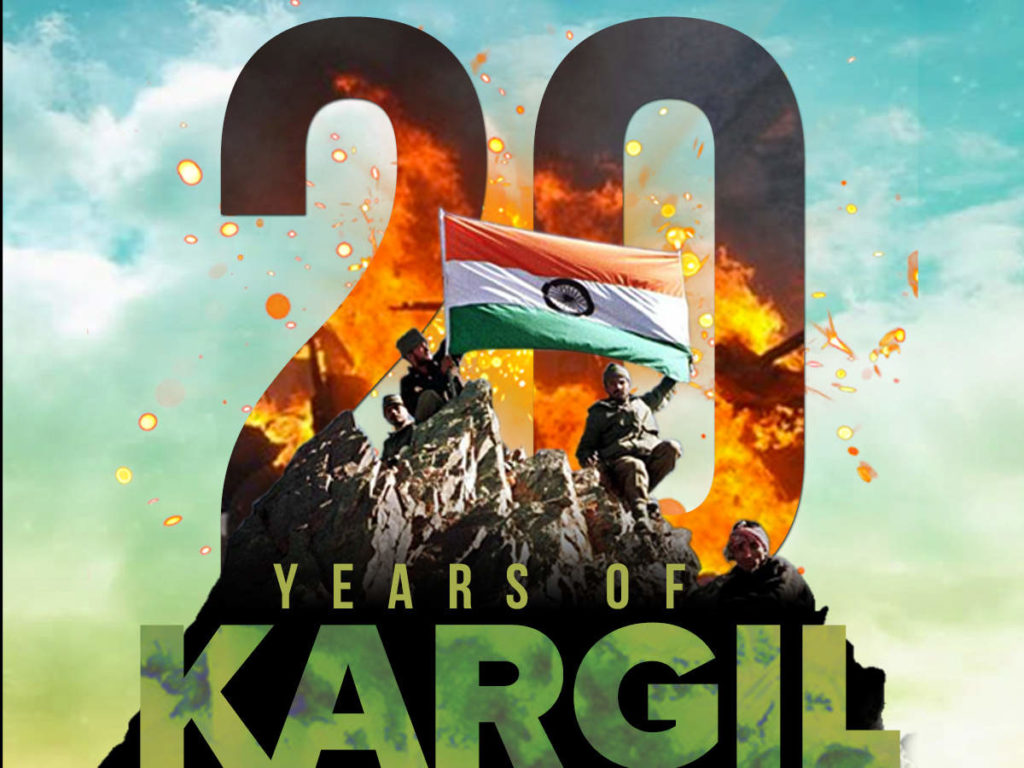
Kargil War lasts for 2 months and ended with the victory and 527 martyrs
This historical war started on 3 May 1999 and ended on 26th July 1999 with the life sacrifices of 527 Indian soldiers. It was fought in the Kargil District of Jammu & Kashmir and fought under the temperature of -10 degree Celsius.
The war began from the intrusion of Pakistan in India in the winters. It was the period when the Indian posts and LoC (Line of Control) at the mountain peaks get vacated before the winters. The reason being is the inhospitable living conditions of the posts at 14,000 to 18,000 feet high with the heavy snowfall every year. The same thing was decided for Pakistan and the country even agreed on it. The roads in these areas were also not motorable and the living conditions were typically very harsh.
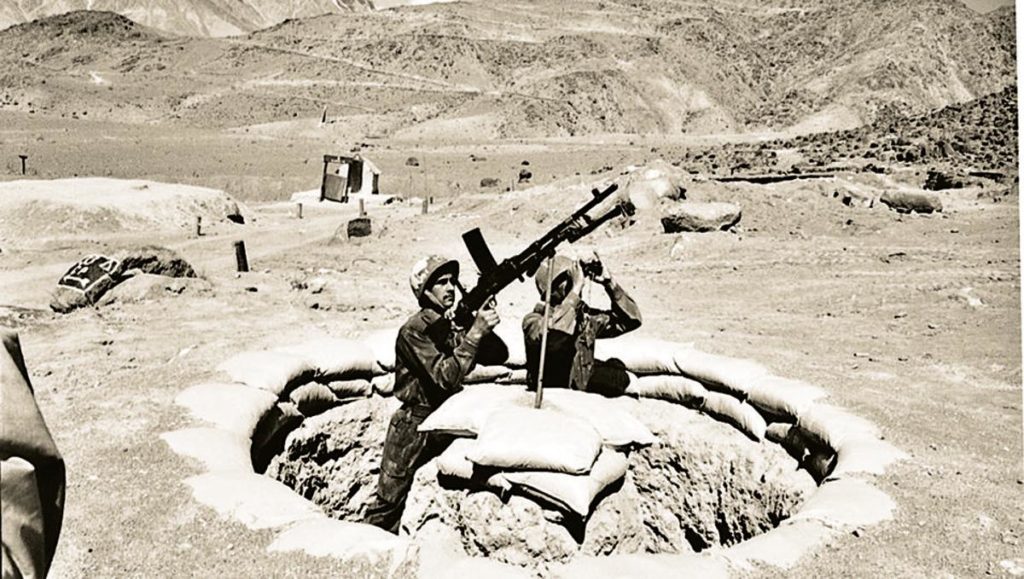
Pakistan took the advantage of country’s these shortcomings and intruded in Dras, Mushkoh, Batalik, Kargil, and Turtuk sub-sectors, between Zojila and Leh. The Pakistani militants crossed LoC and occupied the 130 winter vacated posts. India Armed Forces had somehow got this news by some internal sources.
India Armed Forces had made the plan to recapture the lost Indian Territory. Brigadier Kushal Thakur, a colonel who was commanding 18 Grenadiers during the war. His unit moved to Dras as a part of ‘Operation Vijay’ to evict the intruders and reached there on 17th May 1999. “The local brigade held a conference on the intrusion. There was so much confusion and no one knew what had happened,” he said.
On 20th May, the unit was tasked to recapture the area near highway first, named Tololing. “There was no information about the enemy and we were told that only four to five militants were on top of Tololing,” Thakur colonel said.

After a few days, the unit carried out a reconnaissance of Tololing where they realised that the militants only have the adequate weapons and were not even trained so much. “As we closed in on the enemy, we realised that they had mortars, medium machine guns and other automatic weapons, which led to high intensity firing on us,” he said.
On 26th May, colonel requested for a helicopter from Indian Armed Forces to do firing on the atop of the Pakistani bunkers. But this solution wasn’t enough as stinger missile of Pakistani militants brought down the helicopter which led to a temporary halt in the IAF’s ground attack.
A few days later Thakur and his unit of 18 Grenadiers lost his brave officer Major Rajesh Singh Adhikari. He is the one who sacrificed his life to his nation without even caring for her personal life. There was a letter by his wife which he thought, he will read after coming back from the war but it was not written in his destiny. He was even asked by his companions why he didn’t read his wife’s letter. Here he responded and said, “My wife would have written about all her concerns about my health and for me capturing Tololing is more important than deviating my focus on my personal life, I shall respond her once I win the war for my nation”. After saying this he quietly took his AK 47 rifle and his bag full of ammunition and grenades. His close friends knew this very well, that he knew the reality that he will never come back.

Later the unit lost his second lieutenant Colonel R Vishwanathan. “It was dark and cold. We brought him (Vishwanathan) behind a boulder, but we could not get medical help as the enemy was close by. He breathed his last in my lap,” said Colonel Thakur. This operation lasted for 25 days where the 25 soldiers killed. “The enemy could count each one of us, even though we hid behind boulders. Local porters were not available, they had fled. Half my battalion was used to carry ammunition and food to those fighting above. Any movement had to be done only during the night,” Thakur said, adding that this was a reason for the increased number of martyrs.
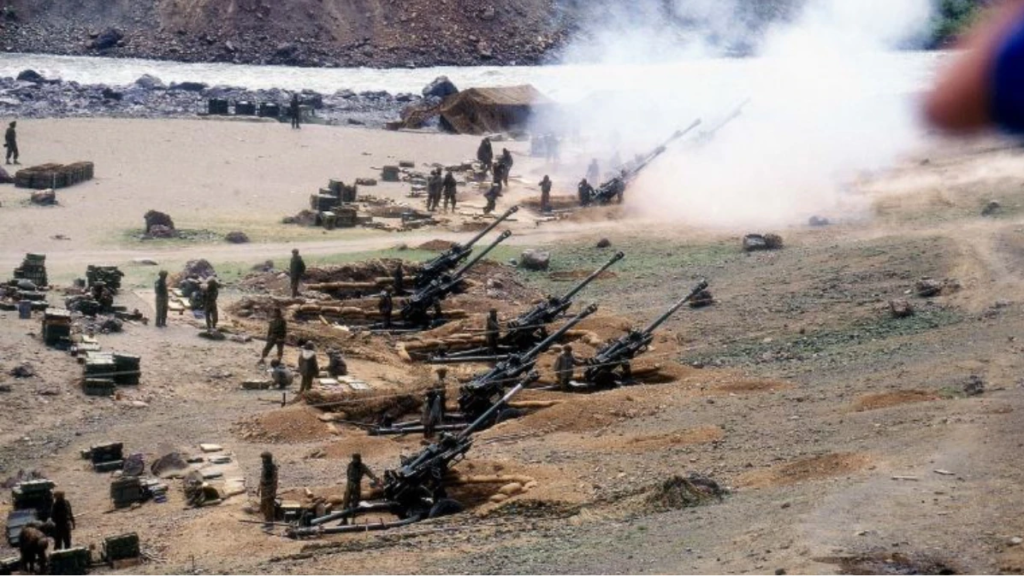
After retaining back the control over Tololing, 13 Jammu and Kashmir Rifles (JAKRIF) were tasked to capture a nearby feature, Point 5140. “During the first night, we got lost. We didn’t know where the enemy bunkers were. We lost two men, including one to an enemy sniper fire,” said an officer, part of the Kargil War.
Later 18 Grenadiers were moved to capture the Tiger Hill “This time we were better prepared. About 120 artillery guns were lined up, facing the feature. We had more than adequate high-altitude clothing and shoes,” said Colonel Thakur. Even the Bofors guns had arrived this time.
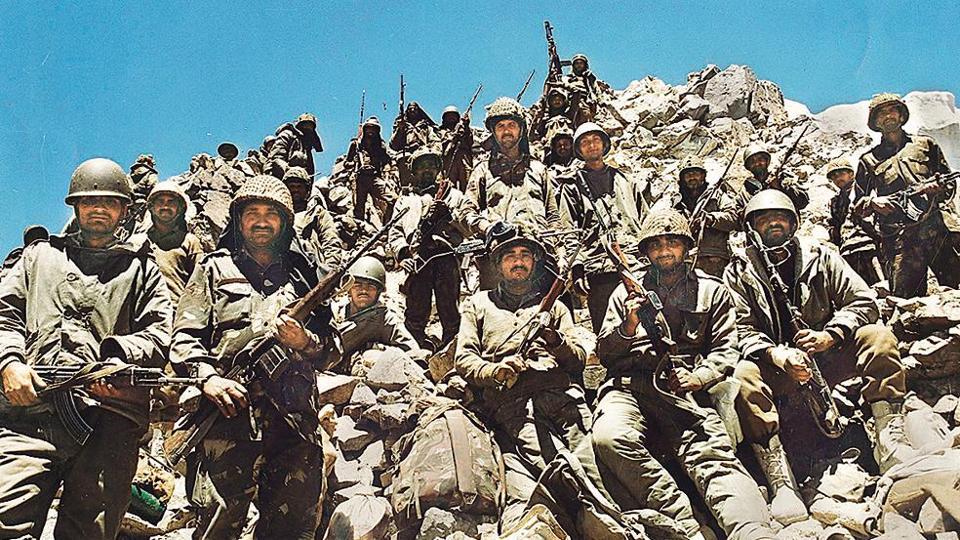
On 3rd July 1999 the unit of 18 Grenadiers, with 8 Sikhs launched the operation to capture Tiger Hill. The whole unit reached the place the next day and defeat Pakistani militants there. The operation ended here successfully and very easily. Even the Pakistani would never be thought that they will lose Tiger Hill so easily.
The three fierce counter-attacks were done there. A company of 8 Sikhs with almost 50 soldiers positioned were positioned on the western ridge of Tiger Hill. They did this on the request of Colonel Thakur. Pakistan Army troops and Special Service Group commandos attacked here. The Indian soldiers and Pakistani militants were killed in high number but on 8th July. Tiranga was finally planted atop Tiger Hill.
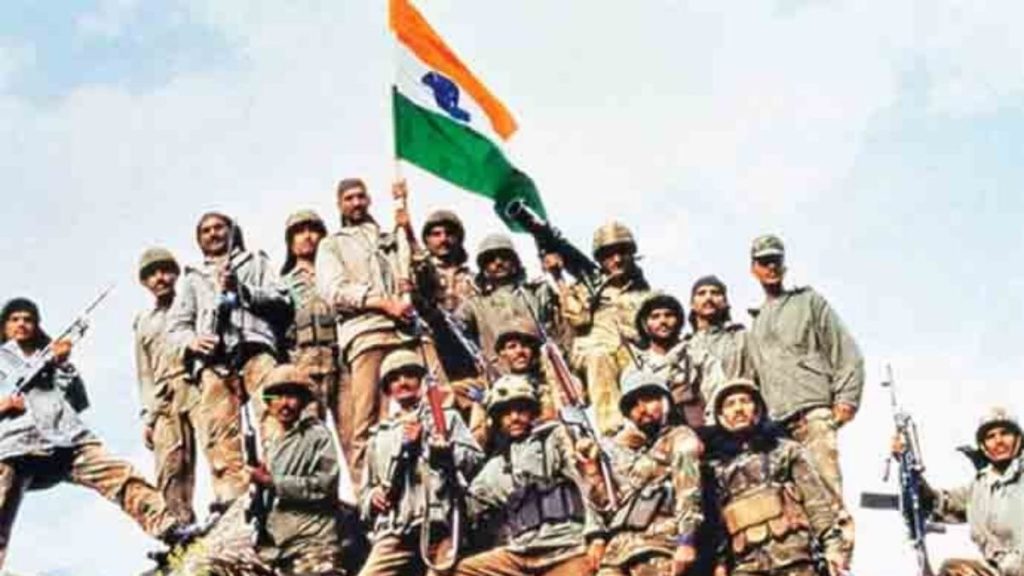
On 11th July, India recaptured key peaks in Batalik and the success of Operation Vijay is declared on 14th July by Prime Minister Atal Bihari Vajpayee. This conflict ended finally on 26th July 1999 and Indian Armed Forces made the announcement of complete eviction of Pakistani intruders.
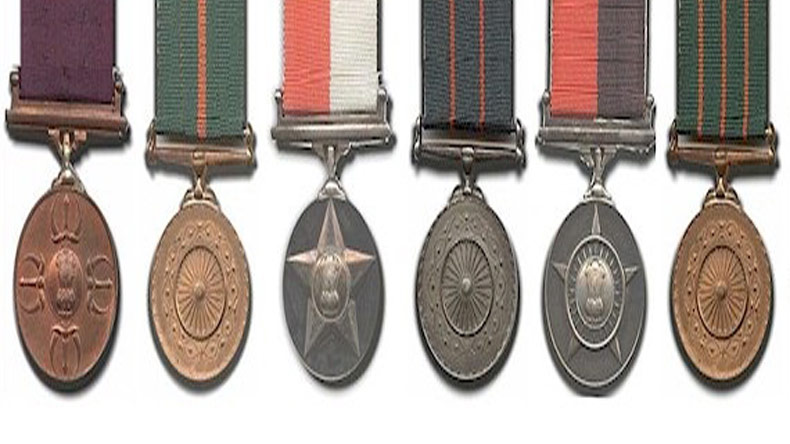
List of the Indian Soldiers received gallantry award:
- Grenadier Yogendra Singh Yadav, 18 Grenadiers- Param Vir Chakra
- Lieutenant Manoj Kumar Pandey, 1/11 Gorkha Rifles-Param Vir Chakra, Posthumous
- Captain Vikram Batra, 13 JAK Rifles- Param Vir Chakra, Posthumous
- Rifleman Sanjay Kumar, 13 JAK Rifles- Param Vir Chakra
- Captain Anuj Nayyar, 17 JAT Regiment- Maha Vir Chakra, Posthumous
- Major Rajesh Singh Adhikari, 18 Grenadiers-Maha Vir Chakra, Posthumous
- Captain Haneef-u-ddin, 11 Rajputana Rifles- Vir Chakra, posthumous
- Major Mariappan Saravanan, 1 Bihar- Vir Chakra, Posthumous
- Squadron Leader Ajay Ahuja, Indian Air Force- Vir Chakra, Posthumous
- Havildar Chuni Lal, 8 JAK LI- Vir Chakra, Sena Medal for gallantry and posthumously awarded Ashoka Chakra as a Naib Subedar.
- Colonel Magod Basappa Ravindranath, 2 Rajputana Rifles- Vir Chakra
- Naik Digendra Kumar, 2 Rajputana Rifles- Maha Vir Chakra
That’s how Indian Armed Forces won the Kargil War and made 26th July 1999 the Kargil Vijay Diwas.

